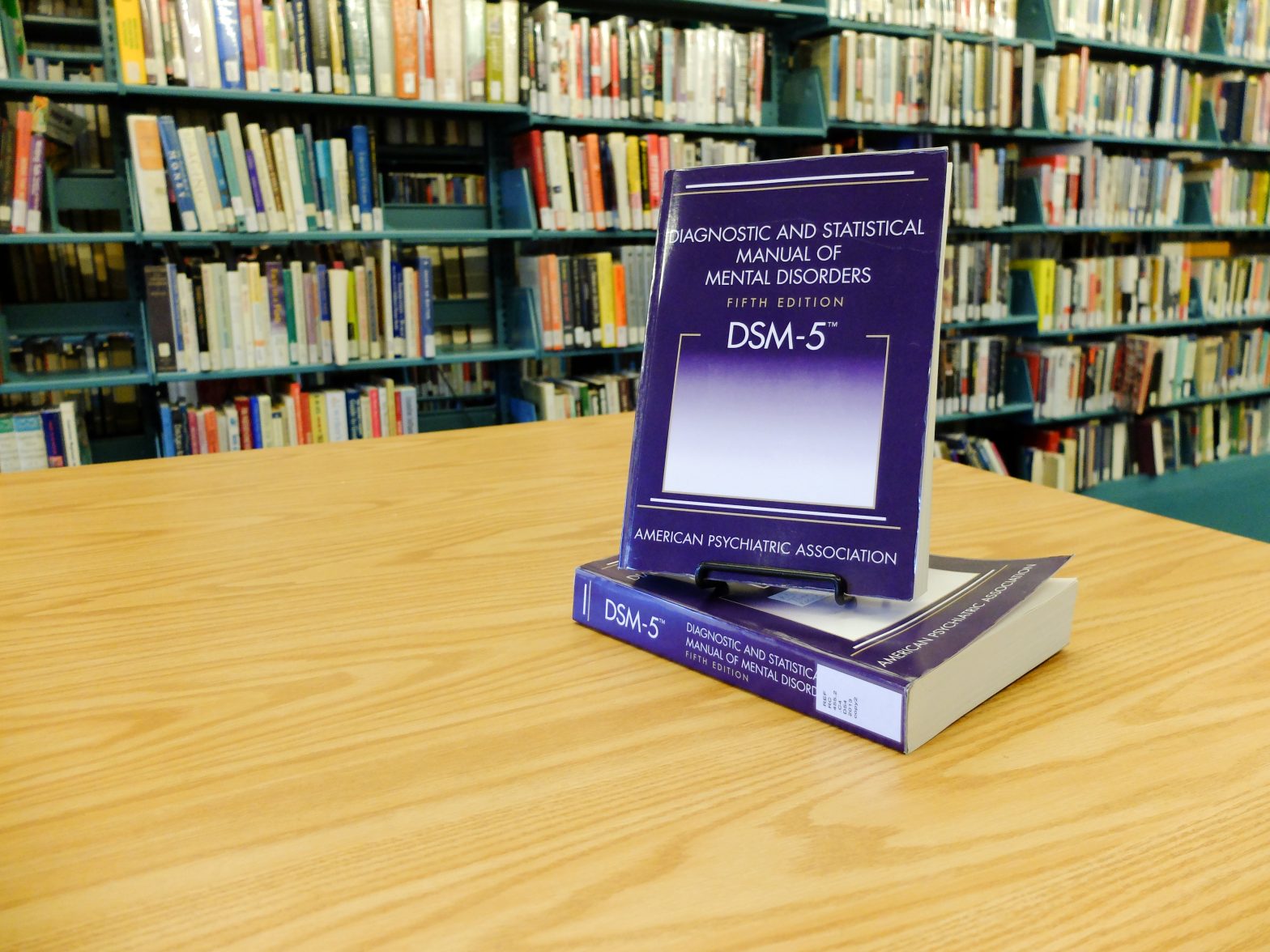Change to the DSM Stirs Controversy in Psychiatric Community

WASHINGTON —A manual used by clinicians and researchers to diagnose and classify mental disorders, known as the Diagnostic and Statical Manual, or DSM, was revised for the first time in nearly a decade to include “prolonged grief disorder.”
The latest manual, DSM-5-TR, was released on March 18 and the move is already sparking controversy among members of the psychiatric community.
“Some small improvements in DSM-5-TR do not make up for the disaster of including ‘prolonged grief,’” writes Allen Francis, professor and chair emeritus in the department of psychiatry at Duke University, in a recent commentary.
In the revised manual, “prolonged” is defined as just one year in adults and six months in children. According to Francis, grief has no set expiration date — labeling grief as a mental disorder is stigmatizing — and could possibly expose grievers to unneeded psychiatric medications.
“Suggestions for new diagnoses that worked for [experts] in their carefully researched practice are usually a disaster when over-applied in regular clinical practice,” said Francis.
“Publishing DSM-5-TR is further proof that the American Psychiatric Association cannot be trusted to properly supervise the DSMs. We need a diagnostic system untainted by APA’s huge financial conflict of interest built into its role as publisher,” continued Francis.
The proposal to include prolonged grief was submitted nearly two decades ago to the American Psychiatric Association, which publishes the DSM.
The International Classification of Diseases, or ICD code, describes prolonged grief disorder as persistent and pervasive longing for, or preoccupation with, the deceased that lasts at least six months after loss.
In 1995, the first study was published on prolonged grief which highlighted how bereavement-related depression was different from what researchers called “complicated grief.”
In 2009, a study from the same researchers identified that the criteria for the diagnosis is different from previous definitions of complicated grief.
According to a statement from the American Psychological Association, the proposal to add prolonged grief to the DSM immediately triggered, “disagreements in the field in several areas,” such as the diagnostic criteria for the disorder or at what point normal grieving becomes a disorder.
This is not the first time the DSM has been updated to include a new diagnosis which triggered questioning and skepticism from members of the psychiatric community.
In 1989, Dr. David Lukoff and Francis Lu, co-authors of the Religious or Spiritual Problem category of the DSM-IV, set out to add a new category of “religious or spiritual problems” to the DSM.
“Part of the conflict that triggers major depression [might be] a loss of faith … that used to be part of their life. So, if the person has become depressed about it, then you can use both [the depression and spiritual problems] diagnoses,” said Lukoff, during a phone interview with The Well News.
Lukoff said that he and Lu received push back from the DSM Task Force regarding their efforts to include the term spirituality.
“There were definitely people on the task force who would not pay much attention to this category,” said Lukoff.
“After we made the proposal … we then had to do another round to demonstrate that we did need the term spirituality,” said Lukoff.
In 1992, Lukoff and Lu published a study on spiritual problems in the Journal of Nervous and Mental Disease. The following year the DSM Task Force accepted the category and formally published a revised version of the manual in 1994.
Lukoff said the process of developing a bigger evidence base is important when it comes to adding any new diagnosis to the manual.
“If you look at [prolonged] grief, there has to be compelling research. They really do not want to add new categories, it’s not like they are looking, it’s [largely] when they get pressure from researchers,” said Lukoff.
“In some cases, they do the opposite to remove categories, like homosexuality — that was a DSM category,” continued Lukoff.
Lukoff said that any change to the manual will have a significant impact on what training providers need to receive before working with patients.
“Professionally, mandates require [us] to do an assessment to determine if any of those conditions listed in the DSM are present,” said Lukoff.
“If there is a category called religious or spiritual problems, then the assessment has to include if there is or is not a religious or spiritual problem,” said Lukoff.
Lukoff also said the curriculum for how to deal with religious or spiritual problems is still being developed through new research.
“There are now 59 studies proposing research on how to provide training and use this category of religious or spiritual problems,” said Lukoff.
Public health authorities regularly use the diagnoses for compiling and reporting morbidity and mortality statistics, and clinicians also use the DSM diagnoses to request reimbursement from insurance organizations.
According to a fact sheet from the APA, “there may be brief delays while insurance companies update their claim forms and reporting procedures,” to accommodate any changes to the manual.
Lukoff said that the manual does not necessarily dictate coverage for treatment and services, as some insurance companies do not require there be an Axis I diagnosis.
After the religious or spiritual problems category was added to the DSM, Lukoff said it took several years before he noticed a change in the way physicians were diagnosing mental disorders, specifically for active military members.
“In the U.S. military, 75% of psychologists have used this DSM category because it can validate a solider or navy [person] coming in for therapy without having a diagnosis that can end up terminating their [military] service,” said Lukoff.
Lukoff said by comparison only about only 4% of psychologists have used the spiritual problems diagnosis for the general population.
Any psychiatric assessment that occurs after the release of the most recent edition of the DSM, must now include an assessment for prolonged grief, which will continue to build an evidence base for better understanding this new diagnosis and developing a curriculum for treatment.
“It is a part of the process to say that the DSM is always responding to new research,” said Lukoff.
Alexa can be reached at [email protected]
























